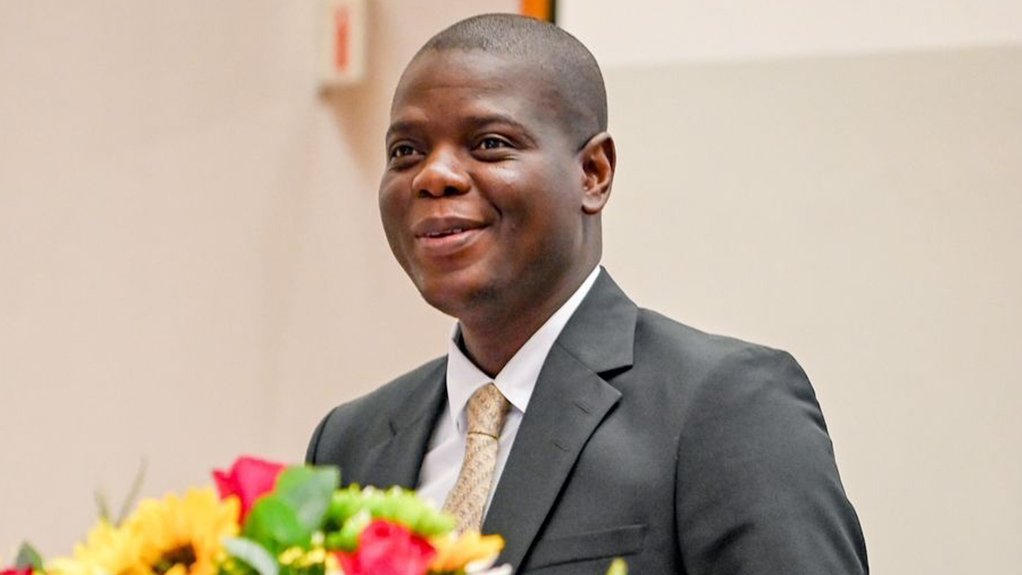South Africa is considering a legislative amendment that would domesticate the Rome Statute amid controversy over Russian President Vladimir Putin's planned visit the country for a Brazil, Russia, India, China, and South Africa (BRICS) summit in August.
According to Justice and Correctional Services Minister Ronald Lamola, South Africa remains a full member of the International Criminal Court (ICC) and has all the rights and obligations that accrue to all members of the Rome Statute of the International Criminal Court (Rome Statute), which state that it is the duty of every state to exercise its criminal jurisdiction over those responsible for international crimes.
The ICC intervenes only where a state is unable or unwilling to carry out the investigation and prosecute. The statute established four core international crimes – genocide, crimes against humanity, war crimes and crime of aggression.
It is the very ICC arrest warrant for Putin that has placed South Africa in a diplomatic storm and led to the establishment of an interministerial committee to explore the legal options available to the government regarding Putin's visit.
South Africa, as a signatory to the Rome Statute, has an obligation to execute the arrest warrant issued against Putin.
Responding to a written parliamentary question, Lamola said the African Union's (AU) resolve to reform or transform the ICC from within rather than through withdrawals was a notable development.
"South Africa is considering a legislative amendment that would domesticate the Rome Statute so that it reflects all the articles of the Rome Statute. This includes the provision of Article 98 of the statute, which requires a waiver of immunities for persons charged by the ICC from third-party countries where there is no referral by the UN Security Council," Lamola said in response to a question from Inkatha Freedom Party (IFP) MP Mkhuleko Hlengwa.
Last month, Zane Dangor, director-general of the international relations department, said the case with Putin was the first time that a third party state had been issued a warrant of arrest where the investigation had not been triggered by the United Nation (UN) Security Council.
He told MPs on the Portfolio Committee on International Relations that Article 98, which deals with countries' obligations under international law, provides that the ICC must get a waiver of a person's immunity from a third state before proceeding with a request for the surrender of a person.
The Security Council may refer a situation to the ICC, which empowers the ICC to investigate all four crimes which fall under the Rome Statute without any further conditions.
The Security Council's powers under the UN Charter are the legal basis on which the ICC can investigate such crimes without any consent requirement by the states involved.
Where an investigation is initiated by the prosecutor proprio motu (on one's own initiative), or where a situation is referred by a state party, the prosecutor must inform the Security Council about the investigation and give the Security Council six months to determine that an act of aggression has occurred.
In February 2022, the Security Council failed to adopt a draft resolution on ending Russia's invasion of Ukraine, as Russia wielded its veto power.
The Security Council's presidency is rotated on a monthly, alphabetical basis, and February 2022 put the Kremlin at the head.
Russia is one of the five permanent, veto-wielding members of the Security Council.
In October 2016, the fifth administration took a decision to withdraw from the Rome Statute.
South Africa sent a written notice of withdrawal to the secretary-general of the UN shortly after its decision.
In January 2017, the AU took a decision followed by a resolution issued in February 2017, encouraging member nations to withdraw from the ICC. Two other AU members – Burundi and The Gambia – also indicated their intention to withdraw from the Rome Statute in 2016.
However, The Gambia reversed its decision immediately after a newly elected government assumed power in February 2017.
On the other hand, Burundi became the first country to withdraw its membership from the ICC, Lamola said.
In February 2017, the Gauteng High Court in Pretoria unanimously ruled that the withdrawal notification was unconstitutional and invalid without parliamentary approval.
The court ordered the government to rescind the notice with immediate effect.
"In line with the court decision, the South African government revoked its notice of withdrawal from the Rome Statute in March 2017. The International Crimes Bill, which introduced in Parliament in 2017 and whose purpose was to withdraw South Africa from the ICC by repealing the implementation of the Rome Statute, has been withdrawn from Parliament," Lamola said.
EMAIL THIS ARTICLE SAVE THIS ARTICLE
To subscribe email subscriptions@creamermedia.co.za or click here
To advertise email advertising@creamermedia.co.za or click here











